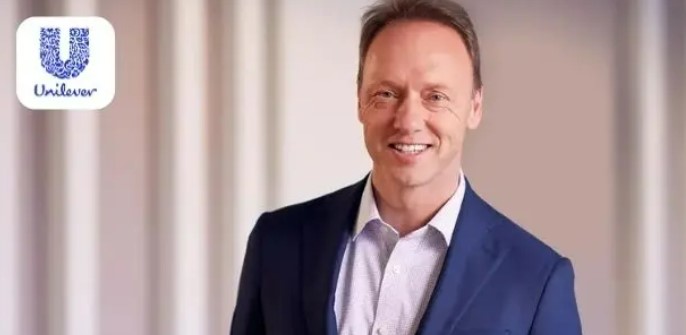Hein Schumacher, the newly appointed CEO of Unilever, has been in his position for approximately one hundred days, but already he is feeling the strain.
After years of stagnant expansion, Unilever has exhausted the forbearance of its shareholders. At stake is the Dutchman, 52, who must demonstrate that he can reverse the trend.
Last week, the group’s largest shareholder, Nick Train, issued a public appeal for progress indicators and threatened the organization with dissolution if results failed to materialize promptly. It has reignited a recent discussion regarding the advantages of dividing the group.
“Had you created Unilever from the ground up today, you probably wouldn’t have arrived at this,” says Warren Ackerman, an analyst at Barclays. “Very few businesses have the identical structure.”
Established in 1929 via the merger of a British detergent manufacturer and a Dutch margarine company, Unilever has expanded over the years via numerous acquisitions, culminating in a portfolio that can be aptly described as eclectic.
Presently, it possesses more than 400 trademarks in its portfolio, including Ben & Jerry’s ice cream, Domestos bleach, Radox shower gel, Knorr stock cubes, and Marmite.
Although the group has managed to withstand downturns in specific sectors due to its diversity, detractors argue that it has resulted in a lack of focus.
“Investors believe they have one more opportunity, and I concur,” says Ackerman.
Unilever’s primary challenge is that its brands are falling behind competitors. A mere 38% of its worldwide portfolio is capturing market share, whereas the proportion ought to be between 50% and 60%.
In conjunction with the company’s emphasis on environmental, social, and governance factors (ESG), which prompted an attempt to establish a “purpose” for each brand, long-suffering shareholders are at a loss for words.
Terry Smith’s remark that Unilever had “lost the plot” in attempting to “define the purpose of Hellmann’s mayonnaise” was representative of many.
Schumacher has attempted to dissuade Unilever from its fixation on ESG by arguing that mission statements for all of its brands are inappropriate.
Additionally, Unilever has streamlined its vast empire into five streamlined divisions, each of which has its own profit and loss statement.





